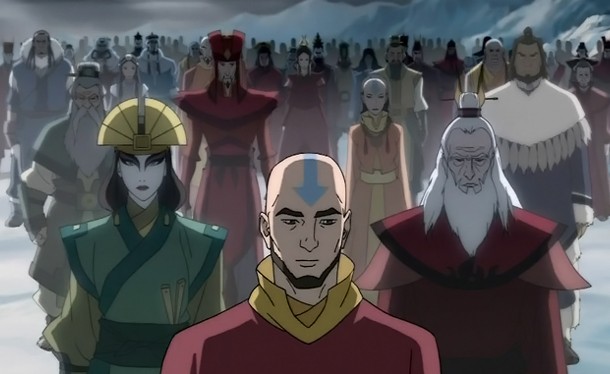Lets begin today’s rant by saying this is all just opinion and however you chose to run your game is fine.
Lets begin today’s rant by saying this is all just opinion and however you chose to run your game is fine. I can totally understand why you may not want to focus on ugly realities in a made up fantasy land. The way I chose to run things is in no way more “realistic” or “correct” than anyone else. That being said, I find it interesting that I and my players often start off with very different assumptions about human nature for the NPCs in my settings. Maybe I am just a weirdo.
When I run a game, I generally set it in a medieval type low magic setting. Most of the NPCs in a village are probably uneducated, superstitious peasants. The people in power are generally just the jerks who managed to beat everyone else into submission. I am not saying all my NPCs are evil, they are just… human. And every once in awhile you will find a nice person in there but he might be nice because he wants something from you.
Think about life in ye-olde times (not that long ago really) where most people never traveled farther than the next village and had less than a middle school education. Worked all day to barely survive. Were under constant threat of raiding, plague and taxation. These people knew less than a hundred other people, and probably didn’t get along with all of those.
Now a player party walks into town. Some of them are dressed strangely or are obviously from foreign lands and other races. Most of them are heavily armed. A few might openly consort with otherworldly forces. They generally cause trouble or come before or after some big calamity. Why would you, as a villager, look favorably on these strangers? If you are the guy in charge, why would you tolerate their presence?
Here is a couple common examples:
1. The players have just killed a dragon-like creature and carry its loot horde into the nearest village. They expect to be treated like kings and resupply. But there already is a king. He wants to know where they got that treasure. Was it on his lands? Have they paid taxes? As far as he is concerned it is up to him whether or not they have any right to it. I’m not trying to be a jerk or sabotage their victory. I think the players just gave me a golden opportunity by flashing wealth and I am interested to see how they deal with the problem. One of the best solutions was a player pretending to be a foreign noble from the elven kingdom. He made the king (a local baron really) feel important and put himself on equal terms.
2. The players break an NPC out of prison during the night. For story reasons they can’t just run off so they stash her away and plan to plead innocence in the morning. The guards have no proof that they are involved right? But do they need proof? This is not a modern American court system and those dirty strangers look mighty suspicious. There is no concept of “innocent until proven guilty” and if they turn out to be wrong who will punish them for hanging a bunch of murder-hobos. Not to mention they will get to confiscate any equipment or loot. And they did arrive right before the incident… This normally ends in violence, but once went to a court-like scene.
3. A tribe of natives shows up and kills the people attacking the party. They then tie up and lead the players to their village. The enemy of my enemy is my friend right? We just need to explain the situation right? Why are they boiling that big cauldron of water over there? Maybe you can sweet talk these people but I think it is a mistake to assume that they are the “good guys” because they attacked some other “bad guys”. Maybe they don’t think you are evil, they just think you are different. You are not “the people” so you are free game.
It might be that players assume the natural setting for people is “good” or even “lawful good”. They expect to be given a mission from the good king to defeat the evil dragon. But in my settings (and the books they are based on) the people’s alignment is “human”, maybe “ignorant human”. That good king is just a local dictator who hired a bunch of mercenaries to exterminate a pest. This is probably where things like the tone discussion or CATS document should shine and they certainly help. I try to explain this to my players but I think there is still a lot of misunderstanding that can arise when players and GM approach their fantasy world from different directions and start with different assumptions. What do yall think? Do you have similar issues? Or am I just being difficult or a downer? Also, there is no real advice here so it may not fit well in the “how to suck less” section but I think this is something to consider when trying to make compelling settings.



